When the pressure inside our blood vessels is higher than normal, we have high blood pressure, commonly known as hypertension. When this happens, the heart has to work harder to pump blood, causing the heart to overwork and putting unnecessary strain on essential organs like our eyes, brain, and kidneys.
If left untreated, high blood pressure can lead to heart attacks, cardiac failure, renal damage, strokes, and even sudden death. Isn't that terrifying As a result, in this post, we'll provide you eight ideas to help lower your blood pressure and improve your overall health.
1.DIAGNOSIS:
Getting a diagnosis Because diagnosing high blood pressure is difficult, it's crucial to get medical help if you think you might have it. High blood pressure diagnoses are divided into two types: primary (essential hypertension), which develops gradually over time and has no known causes, and secondary hypertension, which can occur suddenly and is caused by underlying secondary diseases, disorders, or genetic predispositions.
In order to comprehend the appropriate treatment strategy for you, your doctor will be able to confirm which group you fit into. Your doctor may recommend medication if you have been diagnosed with high blood pressure. Medication can help you maintain control over your blood pressure and prevent it from rising.
However, a common mistake people make is stopping their medication when they start to feel better; it is critical that you follow your doctor's instructions and take the prescribed amount of medication; stopping your medication without your doctor's permission can be dangerous, resulting in a sudden, sharp increase in blood pressure, as well as other long-term complications.
2.Loss of weight:
Weight increase is one of the leading causes of high blood pressure, and losing weight is one of the most efficient strategies to lower your blood pressure. If you're overweight, you might want to think about shedding some weight. Even a tiny amount of weight loss can lower your blood pressure and improve your health: for every 1kg you lose, your blood pressure drops by 1mmHG (millimetres of mercury).
One of the most effective strategies to lose weight is to make lifestyle changes,such as changing your diet to include more fresh fruits and vegetables and getting regular exercise, which leads us to our next few suggestions.
3.Consume more nutritious foods:
Boost your intake of fruits and vegetables. Foods high in whole grains and vitamins and low in saturated fat and cholesterol will help you maintain a healthy weight while also lowering your blood pressure.
We understand how difficult it is to live in a world full of enticing foods that taste great but aren't necessarily good for our health. However, you don't have to give up these meals totally; they can still be enjoyed as a treat now and then.
But, in general, make sure your food is well-balanced. Keeping a food journal can help you track your eating habits and stay on track with your healthy eating goals. If you're unsure about which diet is best for you, consult your doctor or speak with a licenced nutritionist.
4.Exercise on a regular basis:
Excellent technique to lower blood pressure. Physical activity and exercise help to strengthen your cardiac muscles, allowing your heart to pump more blood with less effort. More frequent, lower-intensity workouts are preferable to one or two high-intensity workouts each week.
Consider taking daily walks or adding extra physical activity to your daily routine. Consider using the stairs instead of driving, riding a bike instead of driving, or learning a new sport. Even a tiny bit of activity per day can help keep your blood pressure in check.
5.Reduce your sodium consumption:
What if I told you that Your blood pressure will rise if you ingest too much sodium. We all enjoy adding salt to our food since it adds flavour and improves the overall taste. A modest teaspoon of salt every now and again is typically regarded fine, but if you're someone who goes WAY overboard on the seasoning, it might be time to think about the health implications.
One of the most efficient strategies to lower your blood pressure is to limit your sodium intake; even a minor reduction in salt can drop your blood pressure by an estimated 5-6mmHG (millimetres of mercury) Foods heavy in salt, such as takeout, frozen foods, canned foods, and processed meats, should be avoided. It's also a good idea to check food labels on a frequent basis because many items have hidden sodium, so keep an eye out next time you're at the grocery.
Although reducing your sodium intake may appear to be a difficult undertaking,did you know that you may retrain your taste buds to help lessen your salt cravings? Your taste buds, believe it or not, have an average lifespan of about 10 days. You can modify your palate, reduce your cravings for salty foods, and lower your blood pressure by gradually reducing your salt intake over a 10-day period.
6.Increase your water consumption:
Some people refuse to drink water because they believe it will raise their blood pressure. That isn't the case, though. Due to a decrease in the amount of fluid moving through your blood vessels, dehydration can induce a rise in blood pressure.
As a result, it's critical to drink enough water throughout the day to avoid dehydration. If you frequently find yourself saying things like "I don't enjoy the taste of water!" or "I keep forgetting to drink water!" Having water within easy reach will serve as a reminder to drink more.
Drink water when you're thirsty and avoid drinks that contain alcohol, caffeine, or sugar, as these can actually increase your risk of dehydration. So there are no more excuses Stay hydrated by drinking plenty of water.
7.Take charge of your panic attacks:
When you're stressed, your body produces stress hormones, which cause your heart to beat faster, raising your blood pressure temporarily. So, if you're feeling tense, on edge, or just a bit irritable, lowering your stress level may assist to keep your blood pressure from rising.
Yoga, meditation, breathing exercises, and physical activity are all effective stress-reduction techniques. Be flexible and discover what works best for you. If you find yourself in need of additional assistance, talk to your doctor or a certified mental health practitioner.
8.Give up smoking:
Smoking can raise your blood pressure significantly. Your blood pressure rises with each cigarette you smoke, and it continues to rise for several minutes. You can help to keep your blood pressure under control by quitting smoking.
As a result, if you smoke and have been diagnosed with high blood pressure, you should quit. If you're having trouble quitting, talk to your doctor about it. There are many effective ways to quit and reduce your cravings. So there you have it: eight ways to lower your blood pressure and improve your overall health.


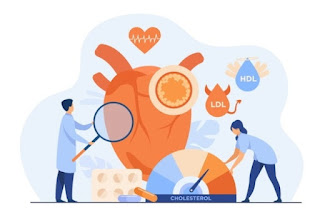

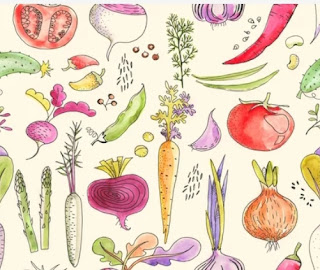
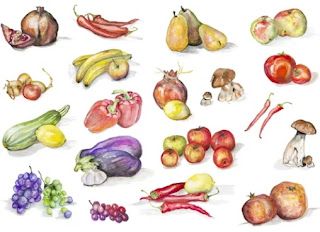


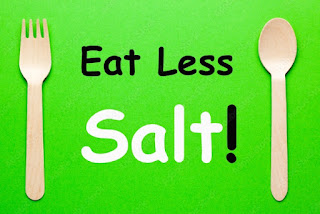


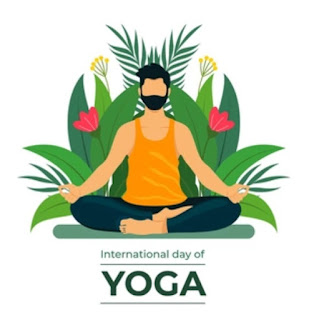

إرسال تعليق